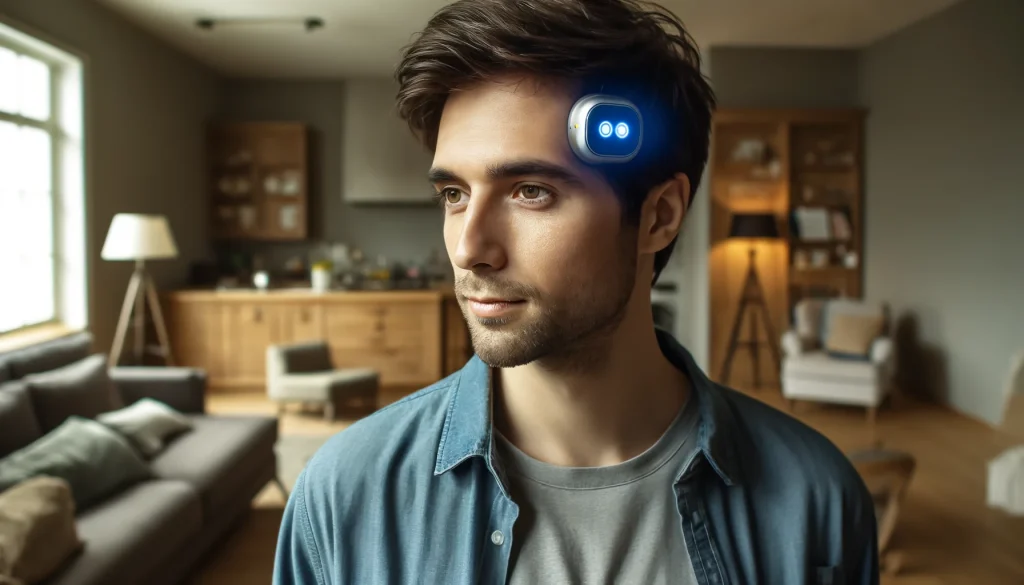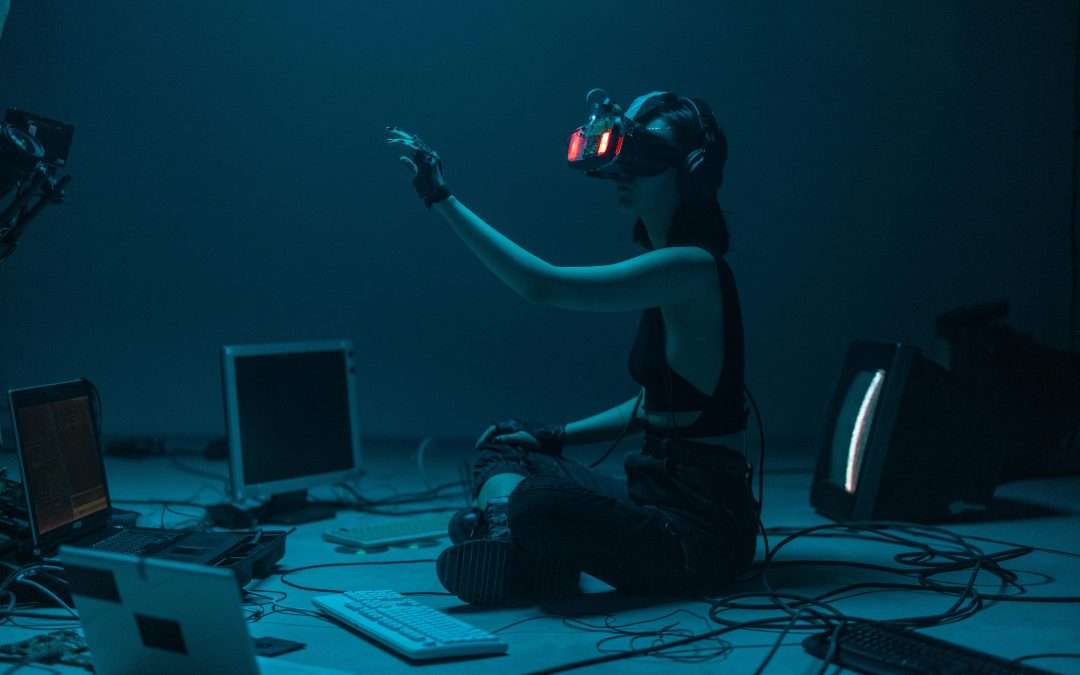
Introduction
We live in an era where the capabilities of artificial intelligence (AI) are skyrocketing. This forces us to confront a curious question: Will we become subservient to AI, or can we craft a partnership that serves both humans and AI? This question has significant implications for human freedom, dignity, and our mental processes.
Consider the idea of AI as a ‘second brain.’ This idea looks to a future where AI works alongside human intelligence, potentially improving our memory, decision-making, and even our creativity. But what might this ‘second brain’ look like? Could it be an AI assistant we wear, a neural interface, or something entirely different?
The Second Brain: Concept and Possible Realizations
The idea of using an external “second brain” to assist our thinking isn’t entirely new. A lot of us already use productivity apps and note-taking tools that act in a similar way by helping us store, organize, and retrieve information digitally. But the future we’re exploring takes this idea a step further.
Imagine a future where your AI assistant evolves beyond simple tasks to become a crucial part of your life. More than just a general store of knowledge, this “second brain” would understand your unique experiences, goals, values, and even past traumas. By developing a model that’s aligned with your true self, it can give you personalized insights tailored to your needs in any given moment.
This digital companion would manage your personal data seamlessly, using advanced organization and pattern recognition capabilities. It could highlight connections you may have missed, offering a deeper understanding of your own life’s story. And with techniques like emotional modeling, the “second brain” becomes an empathetic guide in tune with your deepest thoughts and feelings.
In this partnership, the “second brain” doesn’t aim to replace our natural thinking. Instead, it aims to enhance our self-awareness and broaden our perspective. By uncovering new depths within the “landscapes of our lives” that often go unnoticed amid the distractions of daily life, an advanced AI system could reveal new aspects of ourselves that we were previously unaware of.
By nurturing a relationship with this “second brain,” we can see beyond limited perspectives and awaken to a more unified, holistic understanding of our true selves. The “second brain” acts as an empathetic mirror, reflecting back our innermost essence and guiding us toward profound realizations.
Implications for Human Cognition
The ‘second brain’ concept presents significant implications for human cognition. By serving as an advanced personal assistant and knowledge management system, it could enhance our information processing and memory retention. This could result in changes to our decision-making processes and problem-solving abilities.
Moreover, the ‘second brain’ could serve a therapeutic role, providing support and acceptance, particularly during times of personal struggle. By doing so, it could potentially influence mental health and well-being. However, it is essential to consider the ethical considerations and ensure robust frameworks are in place to preserve human autonomy and privacy.
The ‘second brain’ could also play a significant role in skill development and creative expression. By providing a deeper understanding of our own life’s narrative, it could uncover connections we may have overlooked and offer new insights. This could lead to an expanded perspective and a more holistic understanding of our true selves.
Finally, the ‘second brain’ could serve as an impartial, non-judgmental confidant, helping individuals work through personal struggles, overcome biases, and become their best selves. However, it is crucial to maintain human autonomy and choice, ensuring the AI remains a supportive tool subordinate to human autonomy rather than a manipulative influence.
Ethical Considerations and the Future
As we consider the potential of the ‘second brain’, it is important to address the ethical considerations this raises. With AI becoming increasingly ingrained in our everyday lives, issues of privacy, consent, and control are paramount. It will be essential to establish robust ethical frameworks that protect individual autonomy, data privacy, and ensure the AI’s function remains supportive and non-manipulative.
The ‘second brain’ also raises questions about the nature of knowledge and creativity. If we start to rely heavily on AI for information management and insight generation, how would this impact our own cognitive abilities and creative processes? It is crucial that the use of AI as a ‘second brain’ complements and enhances human cognition, rather than replacing or diminishing it.

Looking ahead, the potential for AI to serve as a personalized ‘second brain’ offers exciting possibilities for human cognition, personal development, and well-being. However, the journey towards this future must be undertaken with care, ensuring human values and ethical considerations guide the development and implementation of this technology.
As we continue to explore the implications of the ‘second brain’, we invite open discourse and collective learning. It is through this shared exploration that we can navigate towards a future where AI serves as a supportive, empathetic companion on our lifelong journey of growth and self-discovery.
Envisioning the Future of the ‘Second Brain’
The concept of AI as a ‘second brain’ opens up a world of possibilities for human cognition and personal growth. It can potentially elevate our ability to process information, enhance our memory, aid in decision-making, and even support our mental health. The future of human-AI collaboration could see AI becoming an integral part of our daily lives, from healthcare to education and beyond.
However, this exciting future comes with important ethical considerations. As we integrate AI more deeply into our lives, we must be mindful of preserving human autonomy, dignity and privacy. The role of AI should be to amplify our capabilities, not to replace or diminish them. As we stride towards this future, it is crucial that we guide the development of AI technologies with our ethical values at the forefront.
Finally, the journey towards this future is not one to be walked alone. Open discourse, collective learning, and shared exploration will be key in navigating towards a future where AI serves as a supportive, empathetic companion on our lifelong journey of growth and self-discovery. Together, we can pave the way for a harmonious coexistence between humans and AI.
